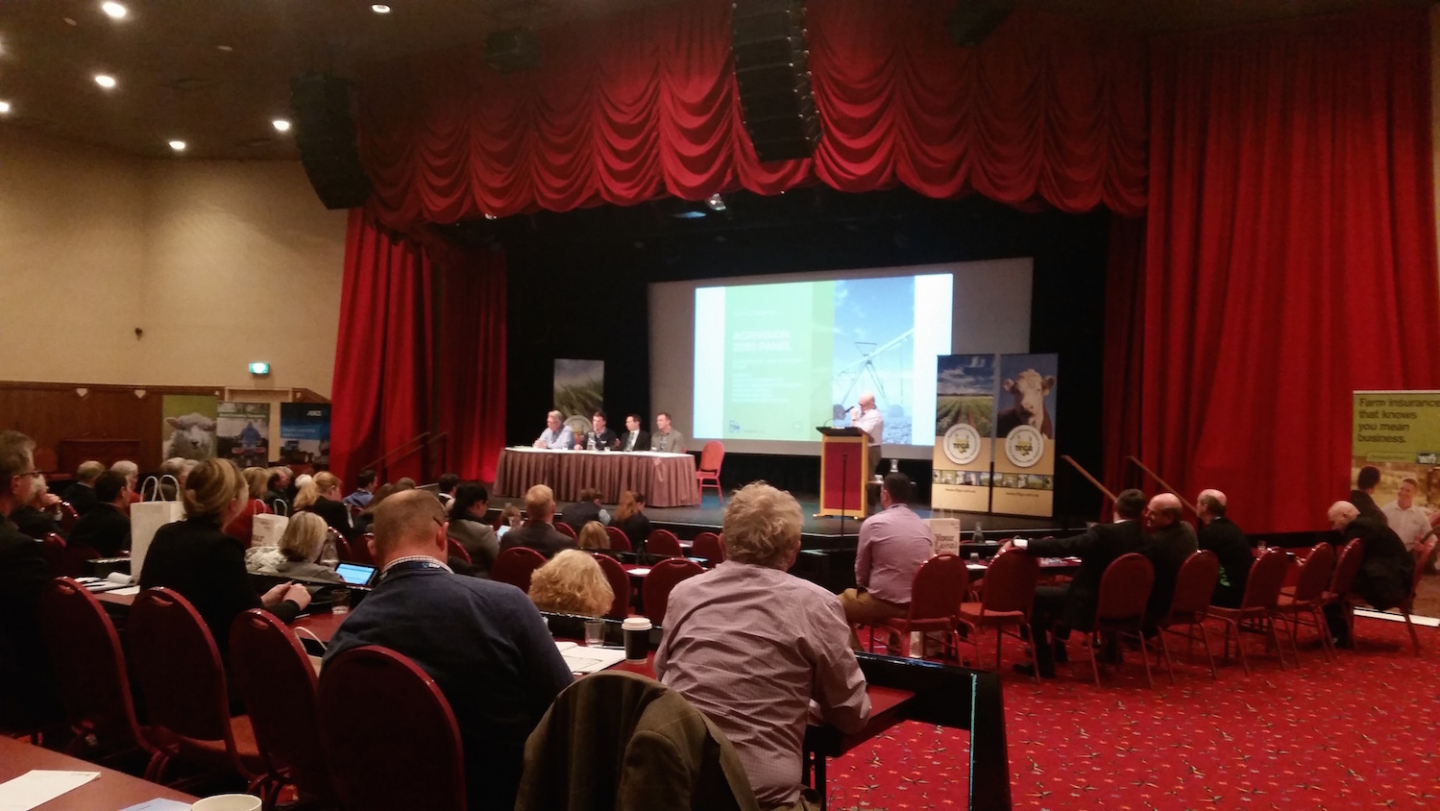By Admin
I’ve always enjoyed visiting Tasmania – especially Launceston – and recently, I travelled there for the Tasmanian Farmers and Graziers Association (TFGA) conference held on the 7th and 8th of July.
Here are a few takeaways from my first TFGA Conference:
Key challenges farmers face
As you likely already know, farmers in Tasmania have been facing some major challenges in the past few months.
In the summer season at the beginning of this year, record-breaking weather wreaked havoc on farmers’ properties and animals. The disastrous bushfire season caused more than 300 blazes, and was followed by floods in recent months. Some of the farmers lost hundreds of cows and have months of reparations ahead of them. It was devastating to see the damages the flood-affected farmers faced.
Low dairy milk prices are another very real concern for the farmers. Tasmania has a large dairy industry with around 450 dairy farms in operation around the state. As you can imagine, low milk prices will not help these farmers or the industry, in particular, new dairy farmers will be impacted the most, as they are just starting out and have high capital cost. Some of the farmers that I spoke with mentioned that there is a strong focus on farm budget, cash flow, and cost management to address and manage the impact from the reduction of milk prices.
Farming technologies
There was a strong focus on technology at the event, and I attended several presentations which discussed how tools such as cloud systems, mobile apps, mapping software, and robots are helping farmers to manage their farming operations. From this it was clear to see that cloud software, precision farming, and agriculture robotics will be the future of farming. Precision farming/satellite farming uses data such as soil, weather, and crop yield to improve farming productivity. Agriculture robotics is a very interesting topic. It’s extremely exciting to see how these tools are transforming farming into an exciting, high-tech profession.
Benchmarking
I also attended a few discussions on benchmarking. Farmers are eager to identify and implement better farming techniques to further improve farm performance. In terms of data, key indicators that farmers are interested in are production data, input cost, effective land value, and return on capital. The main challenge for benchmarking seems to be in finding the right comparison data, however, there is definitely a strong interest in the process among many farmers.
In addition to attending the discussions and presentations, I was also able to represent Figured with a presence at the event alongside Figured's Gold Accounting Partner in Tasmania, Synectic Group. (Shout out to Synectic Group for inviting Figured along!) It was a great opportunity to chat directly with farmers and industry partners and to share how Figured and the accounting practices on our partner program are supporting Australian agribusiness.
If you'd like to find out more about how Figured can work for your farming business, check out our network of Figured Certified rural accounting specialists across Australia and get in touch with a practice near you.

